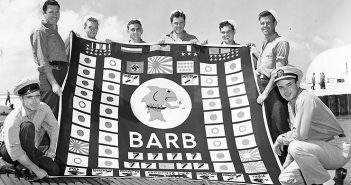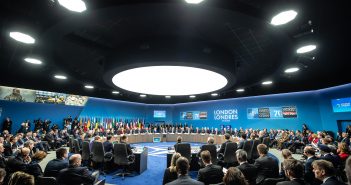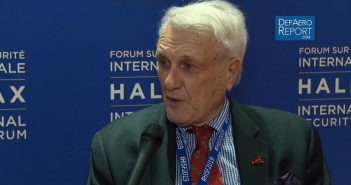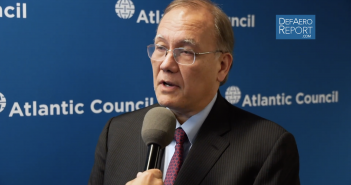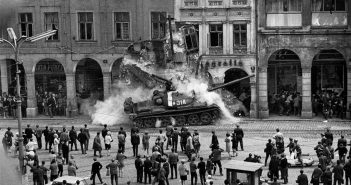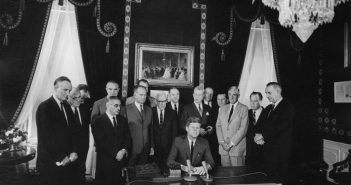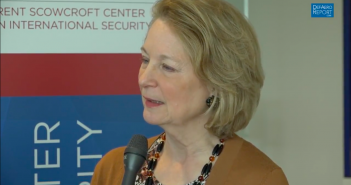On August 20th, 1968, hundreds of thousands of Warsaw Pact troops and tanks invaded Czechoslovakia to end the liberalization of the “Prague Spring,” in what became the largest military action in Europe since the end of World War II.
Czechoslovakia had been run by a pro-Soviet Communist government since 1948, imposing strict political, social and economic policies. By the 1960s, Czechoslovakia had been undergoing de-stalinization like many Eastern bloc countries, but proceeded more slowly and was accompanied by economic struggles.
In January 1968, following years of pressure for economic reforms and liberalization from academic, literary and student groups, the Czechoslovakian Central Committee unanimously elected Slovak Alexander Dubceck as first secretary. Dubceck quickly embraced popular calls for major reforms, advocating for a move towards personal, political and press freedoms, economic liberalization and increased autonomy for Slovakia in what he described as “socialism with a human face.”
These reforms proved too threatening to Soviet interests, and on orders from Soviet Premier Leonid Brezhniev, Warsaw Pact troops invaded Czechoslovakia overnight from Aug. 20th to 21st, 1968. Though facing no military resistance, citizens across the country protested and resisted, attempting to slow the invading forces with homemade barricades. Dozens of citizens were killed, and ultimately Dubceck and his policies were removed from office. It would take until 1989 for democratic reforms to finally take hold in the country.
